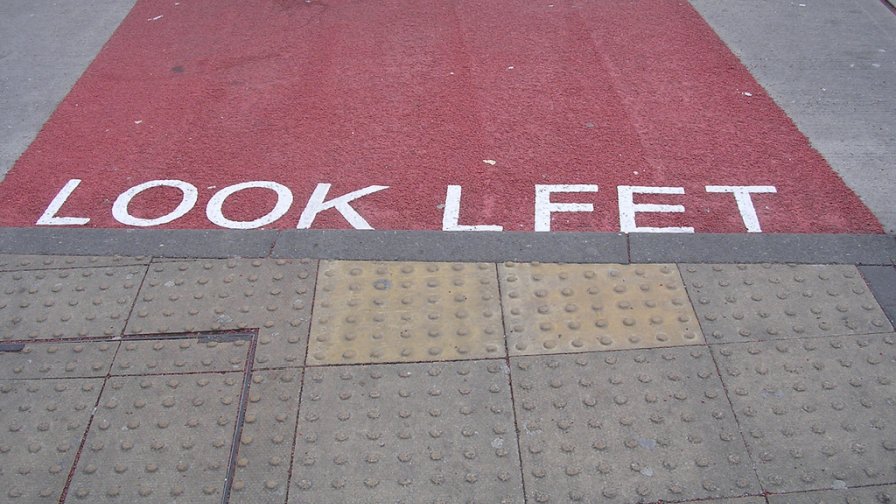Just like any business, when starting there is always that possibility of failure. This is no different for advertisers who have decided to take a dip into affiliate marketing. Understanding the key reasons why advertisers have failed in the past is essential to succeeding, and ensuring the same mistakes are not repeated.
The most common reason why advertisers fail is down to poor communication. Publishers need advertisers to be proactive when working with them. Ensuring the latest offers are communicated as soon as possible allows them to promote the advertisers offers effectively with the correct amount of exposure to maximise the potential.
It is also beneficial to make publishers feel special; this can be obtained by making emails as personal as possible and not sending generic ones. Start by addressing the publisher by name and asking them how they are to get conversations flowing. The more a publisher feels appreciated, the more likely an advertiser is to receive a response from an affiliate.
Communication is not limited to the ways in which advertiser’s offers are sent out, but also how the advertiser responds to publisher’s questions. There is usually a reason why a publisher has asked a question, it may be about the details of an offer (the terms or length) or the affiliate programme as a whole.
Power of choice
If publishers are not getting the level of feedback required to promote an advertiser, there is a risk they could switch to a competitor who has taken the time to respond to them and has catered to their needs and worked with them to formulate a long-term relationship and strategy.
All too frequently advertisers are unsuccessful due to a lack of education around affiliate marketing and not having realistic expectations. It is a common misconception that advertisers only need to supply codes, publishers will simply display these, and that’s all there is to it. They often forget the importance of:
- Developing a strategy in-line with other channels to ensure offline and online channels are in sync with one another, especially in terms of branding.
- Other marketing methods within affiliate marketing and utilising their potential such as content sites, cashback sites and discount amongst others
- Trying different methods and not limiting activity to just one type e.g. CPA increases, tenancies
Consequentially, the effect of this is that advertisers do not dedicate enough time or resources into managing a programme effectively and efficiently. The usual victims are small and medium advertisers, not fully understanding what is required to make a programme work.
Upping channel resource
Advertisers usually have one person responsible for several digital channels, such as PPC, CRM and affiliates. These are huge channels in their own rights and each need the correct amount of time and resources dedicated to them to make them successful.
The last common problem which potentially leads to advertisers failing is due to the unwillingness to try different strategies. By limiting themselves to one promotional method, they reduce the potential reach of customers they could target.
For example, a retailer may not want to use a discount or cashback site because they believe it devalues their brand. However, their competitors are using both of these promotional methods and are driving significant sales putting the retailer at a disadvantage. In some cases it could be due to needing sign off at director level, who will pose the question: Would it guarantee a return on investment? Unless the advertiser tries, ultimately they will never know.
Understanding the above will help overcome the most common problems advertisers face when trying to run a successful affiliate programme. Keeping publishers in the loop and responding to them in a timely fashion will only help strengthen the relationship. Advertisers should not limit themselves to one type of activity but be proactive and willing to try new opportunities.

